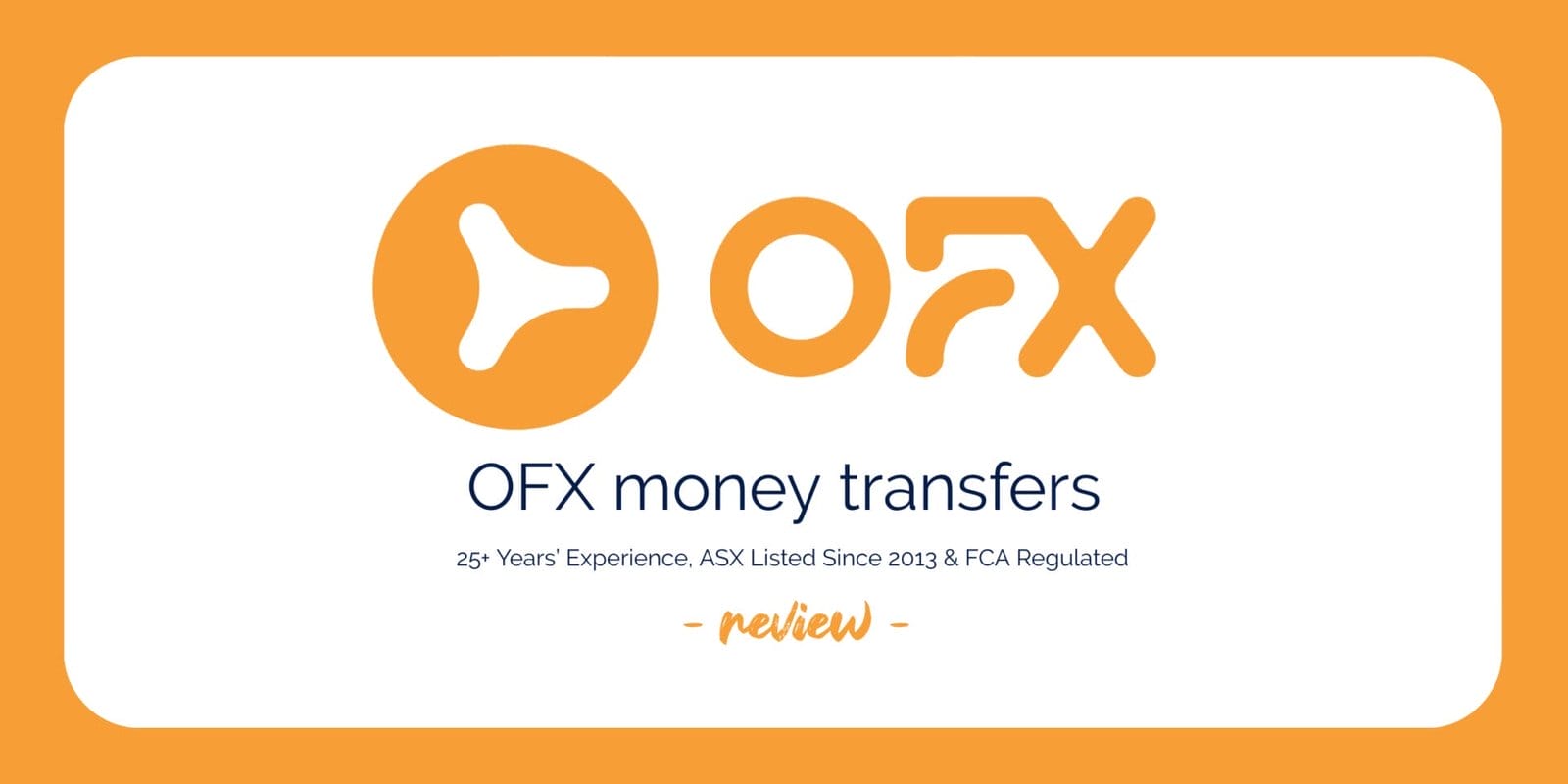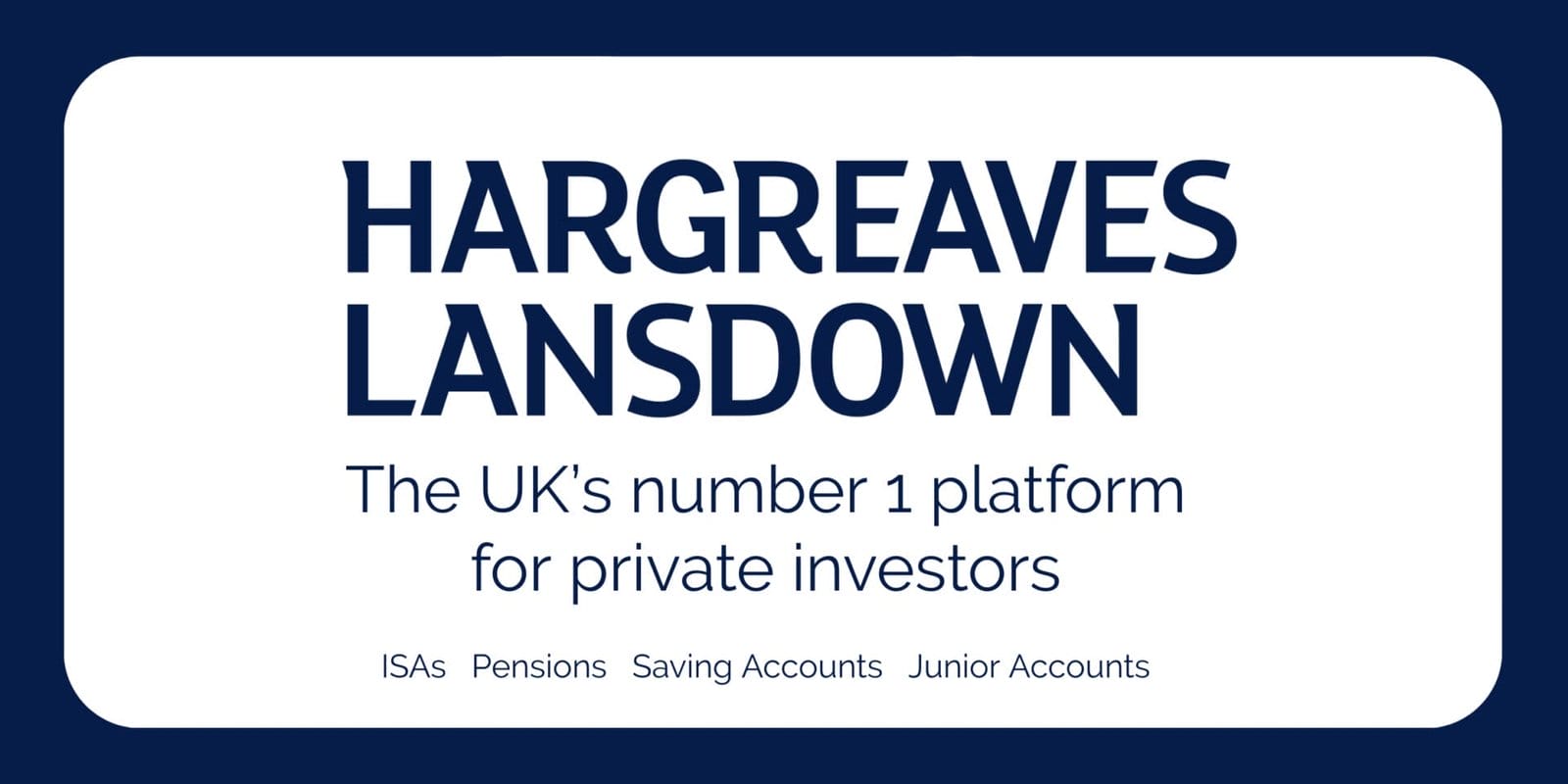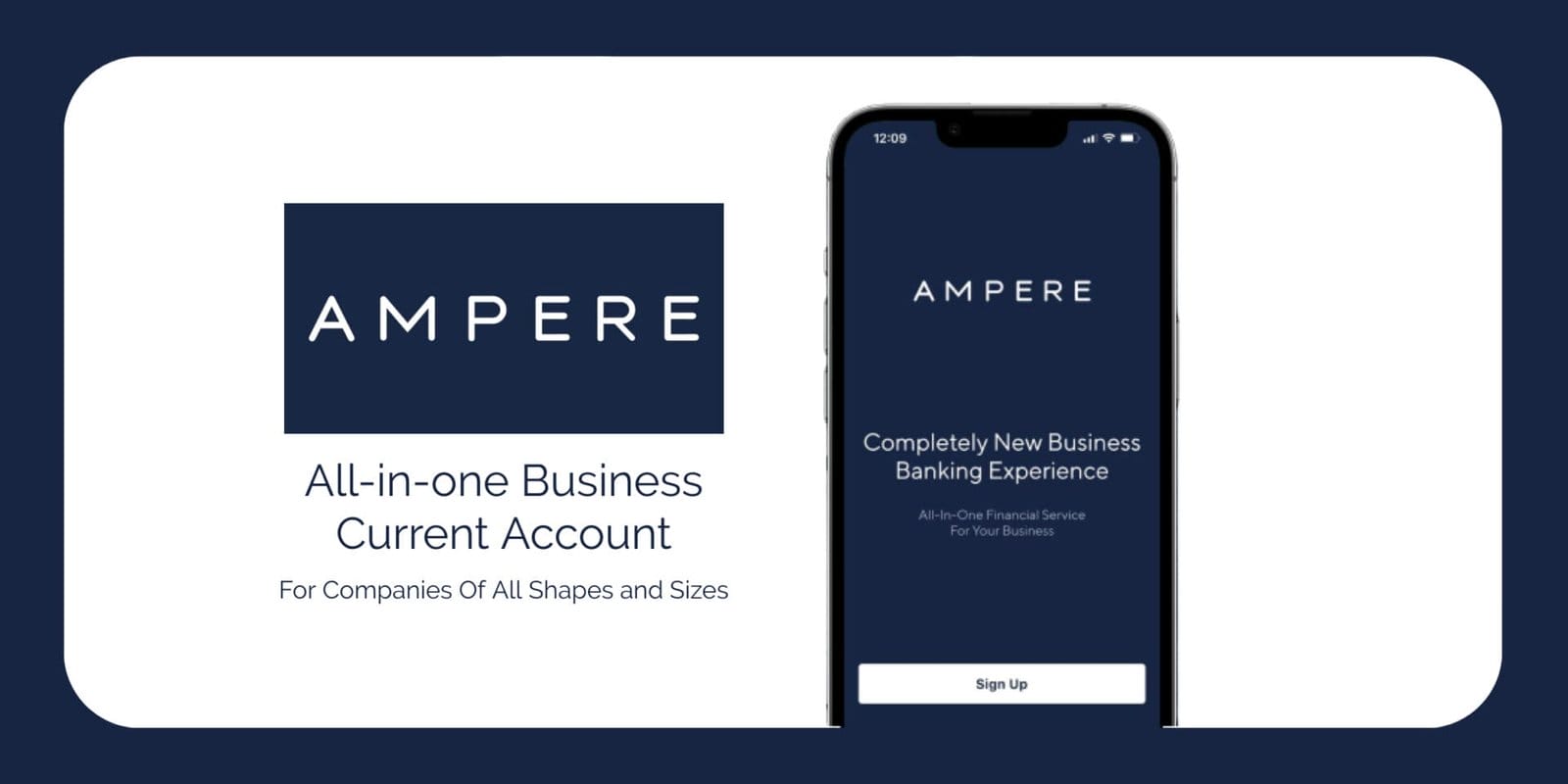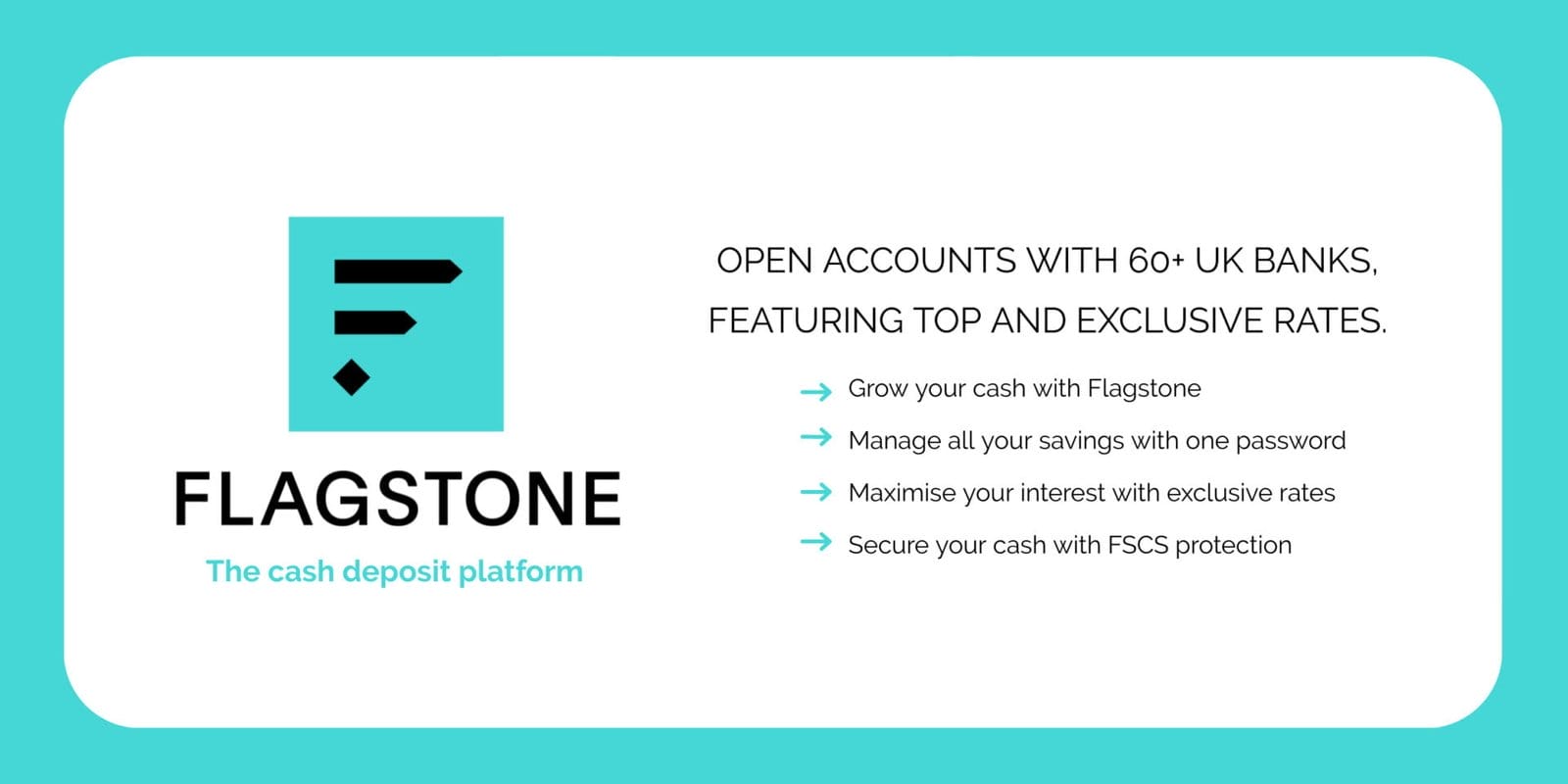Unveiling the Hidden Costs of Business Bank Accounts

by Chris M.
January 11, 2024
by Chris M.
January 11, 2024

Today, in the competitive world of business, every cent matters. When it comes to managing your company’s finances, it’s important to be aware of the hidden costs that may be hiding in your business bank accounts.
While these accounts may seem simple and clear, there are often fees and charges that aren’t immediately obvious, which could impact your profits. But don’t worry. In this article, we will uncover these hidden expenses, giving you the knowledge and insights you need to navigate the world of business banking wisely.
Understanding the Hidden Costs of Business Bank Accounts is crucial for companies. By being aware of the typical charges, managing bank charge increases, and avoiding hidden costs, businesses can make informed decisions and allocate their financial resources efficiently. Navigating the world of business banking can be challenging, as there may be hidden fees that are not immediately apparent. However, with careful attention and vigilance, businesses can successfully navigate this landscape and minimize unnecessary expenses.
Understanding Business Bank Account Charges
Understanding the costs associated with business bank accounts is crucial for making informed decisions and optimizing financial management. When comparing bank fees, finding the best deals is important for businesses seeking freedom and cost-effectiveness.
Different banks have varying fees for different types of transactions, making it difficult to compare costs. To find the best deal, it’s essential to understand how your company operates and how money moves in and out. Prioritizing your needs and seeking competitive fees will help you choose the right account.
Additionally, reading the terms and conditions is important for identifying any hidden fees and charges. By taking these steps, businesses can ensure they are getting the best value for their money and maximizing their financial freedom.
Typical Charges for Business Bank Accounts
Business bank accounts come with various charges that can significantly impact the cost of managing your finances. To make an informed decision, it’s important to compare bank fees and evaluate account benefits. Here is a table outlining the charges typically associated with business bank accounts:
| Charges | Description |
|---|---|
| Monthly or annual fees | Fees ranging from £5 to £49 |
| Overdraft usage | Charges for using an overdraft facility |
| Cash or cheque deposits | Fees for depositing cash or cheques |
| Cash withdrawals | Charges for withdrawing cash from the account |
| Bank transfers | Fees for transferring money between accounts or banks |
| International payments | Charges for making payments to foreign countries |
| Check writing | Fees for writing checks |
| Exceeding transaction limits | Charges for exceeding a certain number of transactions |
| Falling below deposit amounts | Fees for falling below a certain deposit amount |
Dealing With Bank Charge Increases
When businesses encounter an increase in bank charges, they have the option to switch to another bank to lessen the impact on their finances. By switching banks, businesses can find a more cost-effective option that aligns with their financial goals and requirements.
The Current Account Switch Service can assist in transferring balances, standing orders, and direct debits to the new account, minimizing any disruption. However, it’s important to note that not all banks participate in the switching scheme, so it’s essential to check availability before making a decision.
Additionally, businesses should consider the potential inconvenience of switching and communicate the change to clients while updating invoices accordingly.
Claiming Back Bank Charges on a Business Account
Switching banks to mitigate the impact of increased bank charges is not the only option for businesses; they can also explore the possibility of claiming back bank charges on their business accounts. By claiming tax relief benefits on bank charges, businesses can reduce their corporation tax payments and improve their overall financial position. The following table provides an overview of the types of bank charges that may be eligible for tax relief:
| Types of Bank Charges | Eligibility for Tax Relief |
|---|---|
| Bank charges | Yes |
| Overdraft fees | Yes |
| Credit card charges | Yes |
| Interest on loans | Yes |
| Other expenses | May be eligible |
Claiming back bank charges can significantly reduce the overall cost of business banking and provide businesses with financial flexibility. It is important to ensure that the charges are incurred on a bank account in the name of the business, not a personal account, to qualify for tax relief benefits.
Avoiding Hidden Costs in Business Banking
To ensure cost-effective business banking, it is important to proactively identify and mitigate any hidden fees or charges. Comparing different account options is crucial when selecting the most suitable bank account for your business. Different banks have varying fees for transactions such as overdraft usage, cash or cheque deposits, cash withdrawals, check writing, bank transfers, and international payments.
Understanding the specific needs of your company and how money moves in and out will help you find the best deal. Negotiating fees with your bank can also lead to cost savings. Reading the terms and conditions thoroughly is essential to identify any hidden fees that may impact the overall cost of your business banking.
Frequently Asked Questions
Are There Any Fees Associated With Closing a Business Bank Account?
Yes, there may be fees associated with closing a business bank account. These fees can include charges for transferring funds and overdraft protection. The specific fees will vary depending on the bank and the terms and conditions of the account.
Can I Negotiate the Fees for My Business Bank Account With the Bank?
Negotiating fees for business bank accounts is a possibility, although it is not guaranteed. The outcome depends on various factors, including your relationship with the bank, the features of your account, and the financial standing of your business. It is important to keep in mind your audience’s knowledge level and use clear and straightforward language. Additionally, providing context and explaining the importance of the matter at hand is crucial. When discussing the topic, it is recommended to use transitions thoughtfully to create a natural flow based on the context. Active voice should be preferred over passive voice for clarity. It is also essential to avoid hyperbole and stick to facts, supporting claims with evidence when necessary. Including specific examples and product recommendations can help illustrate the point effectively. It is important to rewrite the text in your own words and correct any spelling and grammar errors. Checking for plagiarism is also recommended to ensure unique content. Mimicking a conversational style of writing, while avoiding words disliked by search engines, can improve indexing. Writing comprehensive paragraphs with rich details and utilizing subheadings with keyword-rich titles can enhance clarity. Lastly, including a custom quote in the article and using the phrase “According to our experience and research” once or twice can add credibility to the content.
Are There Any Penalties for Not Meeting the Minimum Balance Requirement in a Business Bank Account?
Insufficient funds and failure to meet the minimum balance requirement in a business bank account can result in penalties such as fees, account closure, and limited access to banking services. These consequences can have a negative impact on cash flow and hinder business operations. It is important for businesses to be aware of and adhere to the minimum balance requirement to avoid these penalties.
Can I Claim Tax Relief on Fees Paid for Business Banking Services, Such as Online Banking or Mobile Banking?
Tax relief can be claimed on fees paid for business banking services, such as online banking or mobile banking. It’s important to compare fees for different services to maximize your tax relief benefits. Consider your audience’s familiarity with banking services and use clear, straightforward language. Avoid clichés and overused words while providing context for the importance of tax relief. Use transitions thoughtfully to create a natural flow in your writing. Prefer active voice for clarity and minimize hyperbole by sticking to facts and supporting claims with evidence. Include specific examples and product recommendations where necessary. Rewrite the text in your own words to avoid plagiarism, correct spelling and grammar errors, and ensure unique content. Use a conversational style that mimics human writing. Bold necessary words as required and employ a persuasive and relaxed writing style. Avoid using words disliked by search engines like Google for better indexing. Write comprehensive paragraphs with rich details, and utilize subheadings with keyword-rich titles for clarity. Include a custom quote in the article and use the phrase “According to our experience and research” one or two times.
Are There Any Additional Fees for Using Business Banking Services, Such as Payroll Processing or Merchant Services?
Payroll outsourcing and credit card processing fees are common additional costs associated with business banking services. It is important to consider these fees when evaluating the overall cost of your business banking and selecting the most suitable account.
💰 Top Financial Offers 💰
📃 MoneyZoe’s Latest Reviews 💰Start saving money with the best financial services

OFX Money Transfer Review 2024: Is OFX the Best for Your Transfers?

Hargreaves Lansdown Review 2024: A Comprehensive Look at the UK’s Leading Investment Platform

Countingup Business Account Review: Features, Fees & Banking Insights

Ampere Business Account: All-in-One Solution for Startups

Square Review: Features, Pricing, and Pros & Cons





